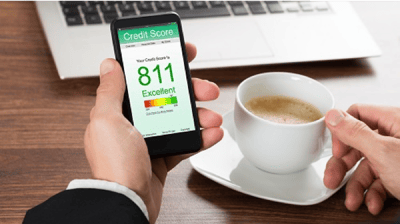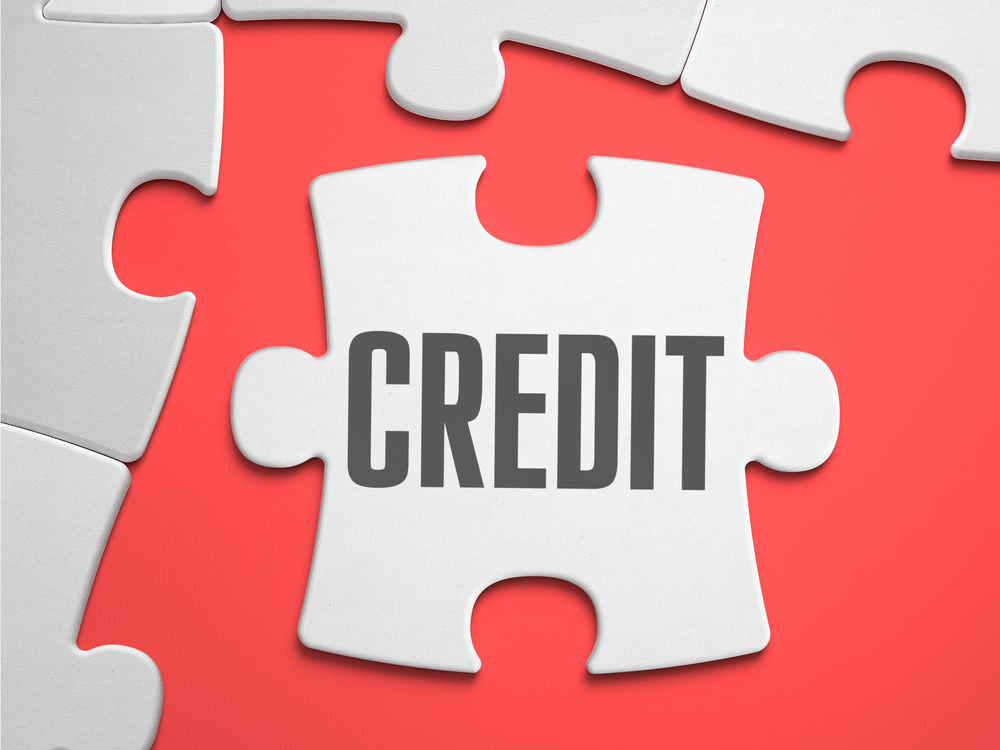Do You Understand How Credit Utilization Impacts Your Score?
There are multiple factors that go into calculating your credit score. You know you need to pay your bills on time. And to avoid paying only the...
Manage your everyday finances with convenient accounts, flexible cards, and personalized service designed to fit your life.
At First Federal Bank, we offer flexible mortgage solutions for almost any situation, helping you secure the right financing for your dream home.
Business banking offers secure financial management, streamlined transactions, credit options, and tools to help businesses grow efficiently and sustainably.

 Your credit report holds plenty of valuable information. It can help you understand your spending habits, lend insight into your creditworthiness, and, perhaps most importantly, it can enable you to monitor your accounts for fraud. Here’s a look at a few different strategies for watching your credit report — and what you should do if you notice suspicious activity:
Your credit report holds plenty of valuable information. It can help you understand your spending habits, lend insight into your creditworthiness, and, perhaps most importantly, it can enable you to monitor your accounts for fraud. Here’s a look at a few different strategies for watching your credit report — and what you should do if you notice suspicious activity:
Monitoring your credit
If you like to take a hands-on approach to managing your finances, consider doing your own credit monitoring. This involves manually reviewing reports, combing through each charge, and making sure every transaction is legitimate. While this method may help you become more aware of your spending habits, it can also be a time-consuming process. If you don’t want to scrutinize your charges line by line, you can opt for a free or premium tracking service. Typically, these free services only work with one of the three credit bureaus. For instance, CreditWorksBasic only provides data from Experian, while CreditWise offers information from TransUnion. Furthermore, they typically only provide basic data, such as your utilization rate, payment history, and VantageScore 3.0 number. For more-detailed information and your FICO score, you’ll have to sign up for a paid service. But you don’t have to break the bank to track your credit usage. Brendan Harkness, managing editor of Credit Card Insider, suggests combining DIY credit monitoring with a free service, so you can enjoy the reassurance of having an extra set of eyes on your financial activity.
Spotting problems on your report
Pay attention to the details provided on your credit report. Make sure your payment history is correct; you don’t want to be unfairly penalized for late payments that were actually made on time. Ensure your account balances are accurate, and all of the accounts listed are ones you’ve opened. Also, check for any hard inquiries you didn’t make, along with accounts that were wrongly sent to collections. If you notice errors like these, Harkness advises contacting the credit bureau about the error — most of the time, they’ll work with you to correct it. However, if the mistakes are actually the result of fraud, you’ll have to take additional steps to secure your finances.
Reporting identity theft
If you notice suspicious charges on your credit report, you’ll need to notify the relevant authorities. Jake Stroup, a credit card monitoring expert and contributor to The Balance, recommends first filing a police report, then following up with a report to the Federal Trade Commission (FTC). When it’s time to fill out the police report, Stroup advises reporting as much detailed information as possible, including the dates of the purchases relevant to the fraudulent charges, as well as all known details about the accounts opened using your identity. Also, be sure to list anyone whom you believe to be involved in the identity theft, if possible. When filling out your complaint with the FTC, Stroup recommends referencing the police report you previously filed. To prevent further breaches, Harkness suggests freezing your credit or adding fraud alerts to your credit report. Freezes stop criminals from using your identity to secure additional credit, but also prevent you from opening new accounts. Fraud alerts, on the other hand, give you an extra layer of security when applying for credit.
Don’t let fraudsters steal your hard-earned money — monitor your credit report to safeguard your finances. For more recommendations on tracking your finances, contact your financial advisor or financial institution.

There are multiple factors that go into calculating your credit score. You know you need to pay your bills on time. And to avoid paying only the...

Though you try to protect your vital information when shopping online, the risk of having your credit card information compromised is higher than...

2 min read
If you’re shopping for a loan, you probably know lenders look at data like your income, loan repayment and credit history, and debt owed. However, ...
Manage your accounts, make payments, and more.
Open an account with us.